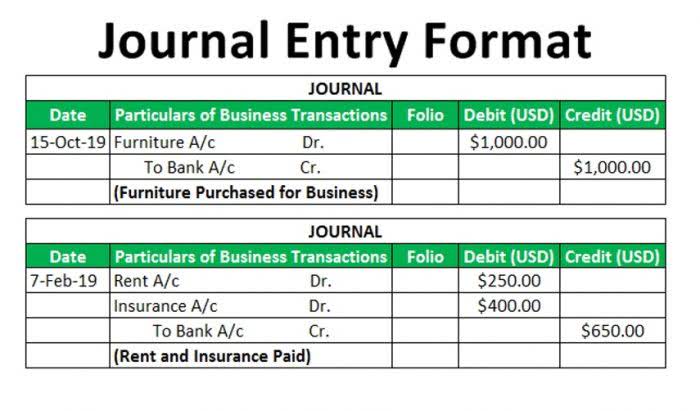
The best way to avoid losing tax exemption status, is to not give a reason for an audit in the first place. Once an audit is started, the scope of it is almost limitless. The breadth of records that can be audited/examined are below. Successfully dealing with church accounting requires understanding many important ideas about managing money in religious groups. My team and I (besides being stellar writers) are pastors and church leaders.
Demystifying Fund Accounting for Churches and Nonprofits
- They must show that funds are being used according to the church’s mission and/or annual plan.
- This is because the financial goals change per industry and therefore the management of those finances will also change.
- When selecting church accounting software, there are several key factors to consider.
- This is why many for-profit systems like Quickbooks use workarounds, like classes, which only go so far.
However, properly prepared non-profit financial statements are very different from their business counterparts. These differences are largely due to the fact that https://www.bookstime.com/ many non-profit organizations, including churches, have restricted funds or endowments which provide operational income. Most church financial statements do not properly account for these funds and their uses because the treasurer is not aware of how to do so. The Statement of Functional Expenses is a critical financial report for nonprofit organizations that provides a detailed overview of their expenses by function and nature. This statement enhances financial transparency, accountability, and informed decision-making, contributing to the organization’s overall financial management and mission fulfillment.

Specialized Services for Church Accounting

Learn how Jitasa’s team of experts can help you make the most of your church’s accounting practices. While cash and check contributions are still important for many churches, they’re less significant than they used to be. Although you’ll create an operating budget from scratch once a year, budgeting shouldn’t be a one-and-done event for your church. Check in with your budget on a monthly basis to help keep your church on track with its spending and revenue generation throughout the year.

Restricted Contributions
Any money that enters the church needs to reflect on the organization’s tax forms in some way. For example, some people give money every month, and others give once or give in-kind contributions. A church needs to provide statements so people can write off these contributions.
- 990s help ensure your books are in order, and the more transparent you are with your finances the more donors will trust your church.
- Therefore, they use fund accounting to keep track of those deadlines in addition to tracking donor-restricted funds.
- These are essential for donors to claim tax deductions and should be issued annually.
- Churches need to track their finances by funds, such as a missions fund or building fund.
- Below is a picture representation of self balancing funds and their relation to the Chart of Accounts (CoA).
Funds should never be defined as accounts, classes, or liabilities
Donors may set these restrictions with the Church Windows’s board, or other stakeholders. In a properly set-up fund accounting system, you separate those dollars into their own fund. Then you can tell how much of the fund has been spent and confirm those expenses were used toward their designated purpose. It’s like having separate checking accounts for each fund, without going to the bank and making separate deposits. Another https://www.facebook.com/BooksTimeInc/ difference is businesses create Income Statements each quarter to assess the business’s financial performance. The other resource a church depends on is a quarterly Balance Sheet listing the equity.
Streamlining your financial management systems and processes will save time and reduce your administrative workload. The overall administrative burden on their staff was drastically reduced. This allowed their leaders to focus on their core mission, knowing their finances were efficiently managed and compliant with IRS requirements. Ensure all your funds are allocated to proper budgets and purposes (e.g., Children’s Ministry, Missions, Building funds).

Specific Regulatory Requirements
Fund accounting helps churches separate revenue and expenses based on how they came in and how they’re used. In short, the accounting method churches should use is fund accounting. Nonprofits must provide a summary of their activities, as well as financial position and balance statements. Fund accounting software helps maintain compliance, but human resources and payroll responsibilities are more complex for nonprofits.
- Work with the church accounting specialists at Jitasa to refine your financial management practices.
- Instead of using several funds to define the various global missions, let’s see how it might get set up using one fund called Global Missions.
- Having a variety of revenue streams makes your church more financially stable.
- How would you know what the UBIT is, when the church isn’t using a fund based accounting system?
- Donorbox integrates with QuickBooks to help you manage your accounting while raising more for your church!
Churches must also reconcile each account at the end of the month. You can do this by comparing donor activity to your financial documents. At the Synod of the Sun in Irving, Texas, Wiles serves as the Synod Treasurer. He also serves as fund accounting for churches a commissioned pastor in Eastern Oklahoma Presbytery.
